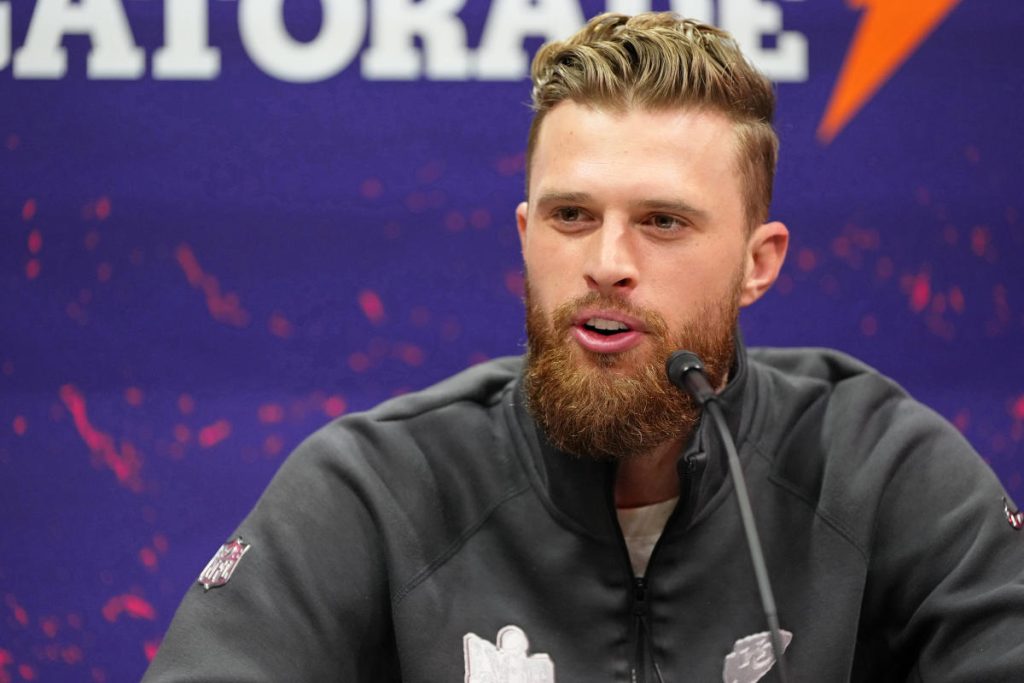Kansas City Chiefs kicker Harrison Butker, a successful player who has helped his team win three Super Bowls and had a career-high 94.3% field goal accuracy in the 2023 season, recently delivered a controversial commencement address at Benedictine College in Kansas. Butker made incendiary comments about Covid, President Biden, and women’s roles, suggesting that women are most excited about marriage and children and that his success is due to his wife embracing her role as a homemaker. He also warned against the dangers of the “church of nice” and praised God-centered pride over LGBTQ Pride Month.
While Butker has the right to express his beliefs, many have criticized his remarks as sexist and homophobic. His comments may reflect his personal views as a devout Christian, but they also perpetuate harmful gender stereotypes and exclude LGBTQ individuals. As a public figure and role model, Butker’s words have a significant impact and can contribute to a culture of intolerance and discrimination. It is important to hold individuals accountable for their speech and actions, especially when they hold positions of influence and authority.
Butker’s speech highlights the complex intersection of sports, politics, and social issues. While athletes are often celebrated for their athletic achievements, they are also expected to navigate the public scrutiny and responsibility of representing their teams and organizations. In Butker’s case, his remarks have sparked a wider conversation about the role of athletes in promoting social justice and equality, as well as the limits of free speech and tolerance in public discourse. It is a reminder that sports can be a platform for both activism and exclusion, and that athletes have a responsibility to use their platform wisely.
The backlash against Butker’s speech underscores the importance of promoting diversity and inclusion in sports and society as a whole. It is crucial to challenge harmful stereotypes and discrimination, and to create a more accepting and equitable environment for all individuals, regardless of their gender identity or sexual orientation. By standing up against intolerance and bigotry, we can work towards a more just and inclusive society where everyone is valued and respected for who they are. This is a reminder that sports can be a powerful force for positive change, but also for division and exclusion.
As a high-profile athlete, Butker’s remarks have sparked a broader debate about the intersection of sports, politics, and social issues. While some may argue that athletes should stick to sports and avoid controversial topics, others believe that they have a platform and a duty to speak out on important issues. In Butker’s case, his controversial comments have sparked a conversation about gender roles, LGBTQ rights, and freedom of speech, highlighting the complexities of navigating public discourse and responsibility as a public figure. It is a reminder that athletes, like all individuals, have a role to play in promoting social justice and equality, and that their words and actions can have a lasting impact on society.


